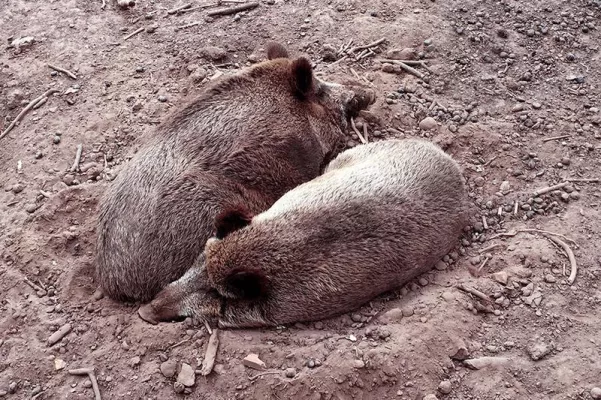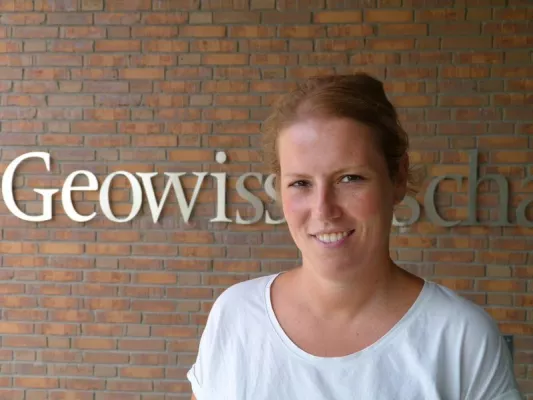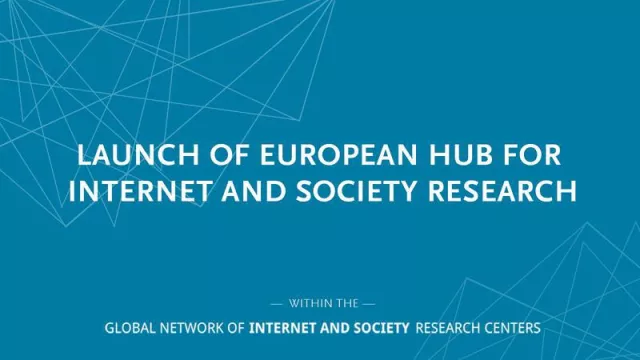(openPR) Since its first description in 2015 four fatal cases of infections with the novel Variegated Squirrel Bornavirus VSBV-1 have been reported in Germany. This unexpected high incidence gives reason for serious concerns with regard to the transmissibility of VSBV-1 and related bornaviruses to humans and the pathogenic potential of these viruses. Therefore, the Research Consortium Zoonotic Bornavirus – abbreviated ZooBoCo – was launched on October 12 with a kick-off meeting. It is funded by the Federal Ministry of Education and Research (BMBF) in the frame of the “National Research Network Zoonotic Infectious Diseases”.
---
So far, the exact number of squirrels or humans which are currently infected with or exposed to potentially dangerous bornaviruses is unknown. Investigations of approximately 800 squirrels from about 90 holdings revealed 28 positive results. Furthermore, it is unclear if only squirrels are able to transmit these viruses or if another host reservoir exists which remains to be identified. The Research Consortium ZooBoCo will generate urgently required data for a better understanding of these viruses. In addition to the zoonotic potential of these novel bornaviruses, the consortium will also analyze characteristic properties which are different from other bornaviruses as well as their supposed reservoir hosts and possible transmission routes. Furthermore, it isintended to develop and implement adequate intervention strategies in cooperation with the Public Health Services (Öffentlicher Gesundheitsdienst, ÖGD).
The Research Consortium consists of members from veterinary and human medicine, universities, clinical research institutes and state institutions. The main aim of the “One-Health” approach is to create a solid basis for improved measures in the field of public health. Furthermore, the results are intended to serve as a model for the development of effective measures and tools for zoonotic infections originating from animal reservoirs, such as e.g. zoo animals and exotic pets.
During the three years of funding the consortium will strive to achieve the following goals:
Goal 1: Knowledge of reservoirs, epidemiology and (molecular) biology of VSBV-1
Goal 2: Concepts for the use of Next-Generation Sequencing for metagenome diagnostics of zoonotic infections of the central nervous system (CNS): VSBV-1 as a model for unclear cases of encephalitis
Goal 3: First evaluation of antiviral substances with regard to their effects against VSBV-1 and other bornaviruses
Goal 4: Risk assessment: models for the public health services, including the development of novel intervention concepts and adaptation of the legislation
The kick-off meeting for ZooBoCo took place yesterday in the frame of the National Symposium for Zoonoses Research in Berlin.
For further information on bornaviruses please refer to the FLI website:
https://www.fli.de/en/news/animal-disease-situation/bornavirus/
Contact:
Prof. Dr. Martin Beer (Coordinator), Friedrich-Loeffler-Institut, Insel Riems
Email:
Tel.: +49 38351 7-1200
Participating partners:
Dr. Jürgen Rissland (Co-Coordinator), Institut für Virologie/Staatliche Medizinaluntersuchungsstelle der Universität des Saarlandes
PD Dr. Rainer G. Ulrich, Dr. Bernd Hoffmann, Dr. Dirk Höper, Dr. Donata Hoffmann, Dr. Timo Homeier-Bachmann, Friedrich-Loeffler-Institut, Insel Riems
Prof. Dr. Christiane Herden, Justus-Liebig-University, Gießen
Prof. Dr. Martin Schwemmle, Albert-Ludwigs-University Freiburg
Prof. Dr. Jonas Schmidt-Chanasit, PD Dr. Dennis Tappe, Bernhard-Nocht-Institut for Tropical Medicine, Hamburg
Dr. Hendrik Wilking, Department Infectious Disease Epidemiology, Unit Gastrointestinal Infections, Zoonoses and Tropical Infections, Robert Koch Institut, Berlin
Associated partner:
M.D., Ph.D. Heinz Feldmann, NIAID Laboratory of Virology, Rocky Mountain Laboratories, Hamilton, Montana, USA
Weitere Informationen:
- http://www.fli.de
Quelle: idw










